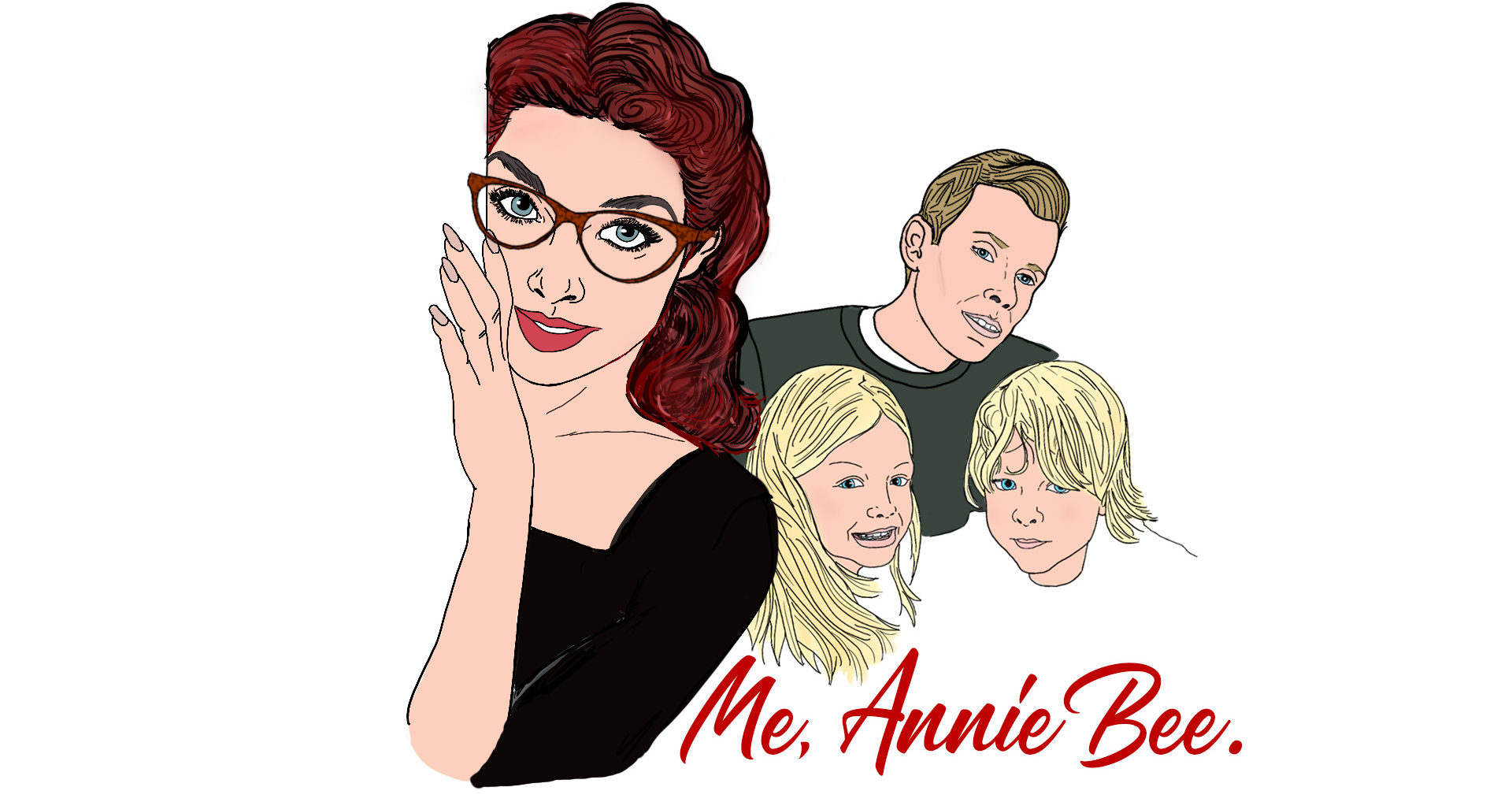
Sudoku vs Crosswords: Which Are Better For Your Brain?
Puzzles like sudoku and crosswords are often referred to as a great form of ‘mental exercise’. But just what makes them so good for our brain? And which puzzle is better for boosting brainpower?
Both types of puzzle positively impact our brain by helping us to use and reinforce different neural pathways. Our neural pathways are the connections between brain cells – by using more of these pathways regularly, we can develop a sharper memory and quicker problem solving skills.
On top of this, puzzles like sudoku and crosswords are a great form of stress relief. Like meditation, they can help refocus our thoughts, while solving these puzzles can provide a rush of dopamine. They can be great for curing boredom or even helping us to sleep better at night.
Despite their many similar effects though, sudoku and crosswords do have their differences. This post explores these to determine which is best for your brain.
Sudokus are a test of logical reasoning
Sudokus primarily help us to build logical reasoning skills. They rely on making patterns out of numbers – and therefore those who have a more mathematical brain may find them easier.
Logic is said to traditionally be a left brain process. Therefore sudokus are predominantly a left brain exercise.
Crosswords test language and general knowledge skills
Crosswords rely heavily on logical reasoning too, but also require us to draw upon our general knowledge. To be good at crosswords, you generally need a good vocabulary and need to be good at spelling words – therefore those who are more linguistically-talented may find these puzzles easier.
Language is also a left brain process and so crosswords equally test this part of the brain. However, there is a certain creativity involved in crosswords that can also stimulate the right brain – making a crossword a better whole brain exercise (although board games like Chess and Scrabble may be even better for the whole brain).
Sudokus challenge short term memory
Sudoku stimulates our short term memory much more than crosswords. They constantly require us to remember where different numbers are on the grid. This could make them effective at delaying brain diseases like Alzheimer’s that tend to affect short term memory.
Timed sudoku puzzles are particularly good for this because they force us to memorise where numbers are in order to solve them quickly. In turn, these puzzles could make us better at learning and storing new information.
Crosswords challenge long term memory
Crosswords also exercise short term memory, but tend to be more focused on boosting long term memory. They require us to remember various trivial facts – some of which we may not have had to recall for years.
If you want to become better at quizzes or debates, you may find that crosswords help you to develop this skill by helping you to recall facts more quickly.
Which is better for the brain: sudoku or crosswords?
The truth is that sudoku puzzles and crosswords are both equally good for the brain, because they exercise slightly different processes. You should regularly solve sudoku puzzles if you want to boost your short term memory and logical reasoning skills, whereas you should regularly solve crosswords if you want to boost your long term memory and general knowledge/language skills.
Share the love.
Related
You May Also Like

Bedtime Nightmares
February 4, 2016
Acceptable in the 80s…and now!
March 12, 2019



